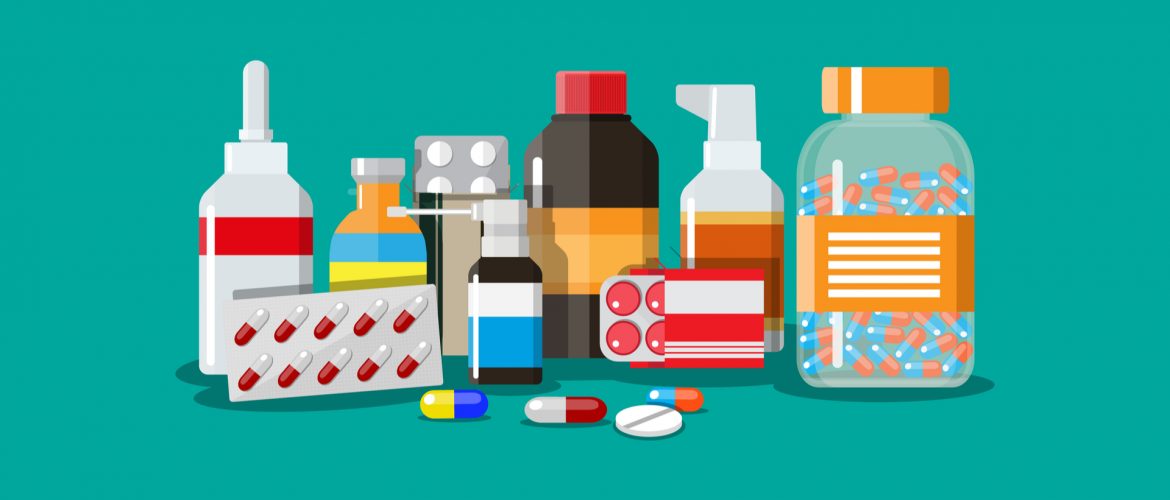A Florida man was arrested for allegedly distributing more than $230 million in adulterated HIV drugs that were ultimately dispensed to unsuspecting patients throughout the country. As alleged in the indictment, the man acquired large quantities of HIV medication illegally and then created false drug labeling and other documentation to make it appear as though these high-priced drugs had been obtained legitimately. The suppliers had acquired the drugs through healthcare fraud, theft, or burglary, or from buying the medications from patients who obtained prescriptions but chose to sell them rather than take their medicines.
To carry out the scheme, the man and his co-conspirators established licensed wholesale drug distribution companies in Florida, New Jersey, Connecticut, and New York. They then used those companies to sell the adulterated drugs at steep discounts to other co-conspirators at wholesale pharmaceutical distributors in Mississippi, Maryland, and New York. Those wholesale pharmaceutical distributors then resold the drugs to pharmacies throughout the country, which billed the drugs to health insurers, including Medicare, and dispensed the adulterated and misbranded HIV medication to unsuspecting patients.
As alleged in the indictment, between approximately 2019 and 2021, the wholesale pharmaceutical distributors paid the man and his co-conspirators more than $230 million for the illegally acquired and adulterated prescription drugs. That money was then allegedly laundered through the use of several corporations in Miami.
The man is charged with conspiracy to deliver into interstate commerce adulterated and misbranded drugs, conspiracy to traffic in medical products with false documentation, conspiracy to commit money laundering, and specific money laundering offenses. If convicted of all counts, he faces a maximum total penalty of more than 100 years in prison. HHS-OIG and FDIC-OIG are investigating the case.
Issue:
U.S. consumers rely on Food and Drug Administration (FDA) oversight to ensure that the drugs they receive are safe and effective. Title II of the Drug Supply Chain Security Act (DSCSA) outlines steps to achieve interoperable, electronic tracing of products at the package level to identify and trace certain prescription drugs as they are distributed in the United States. This enhances the FDA’s ability to help protect consumers from exposure to drugs that may be counterfeit, stolen, contaminated, or otherwise harmful. Medications obtained from unlicensed sources may present safety issues since they have been manufactured or held outside of the jurisdiction of the FDA’s oversight. These medications may not be safe and effective for their intended uses and must be avoided in healthcare settings, where medications may only be obtained from authorized sources.
Discussion Points:
- Review your medication management policies to ensure they include the requirement for purchasing all medications administered to residents from licensed pharmacies in the United States. Update as needed.
- Train appropriate staff about F755 Pharmacy Services requirements for obtaining medications only from U.S. licensed pharmacies and their responsibility to ensure this is followed as they provide medications to residents. Offer education to residents and resident representatives at the time of admission and through Resident Council on approved pharmacies used by the facility for acquiring medications, including that medications from unauthorized sources may not be brought to the facility for resident safety purposes. Document that this training occurred and place a signed copy of the training record in the employee’s education file, in resident records, or in Resident Council meeting minutes.
- Audit to ensure that all medications administered to residents are obtained from a licensed pharmacy in the U.S. and properly labeled. If concerns are identified that residents, their representatives, or visitors are providing counterfeit or other non-FDA approved medications from unauthorized sources, immediately secure the suspect medications and notify the administrator, director of nursing, compliance and ethics officer, or call the Hotline.












































































